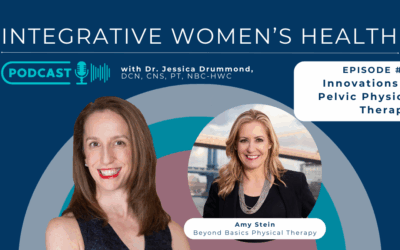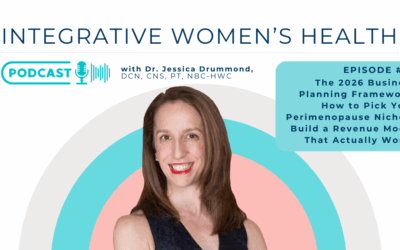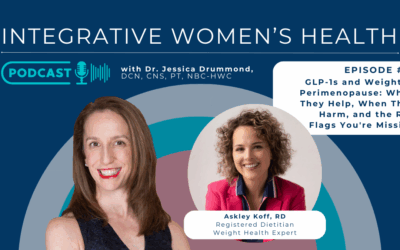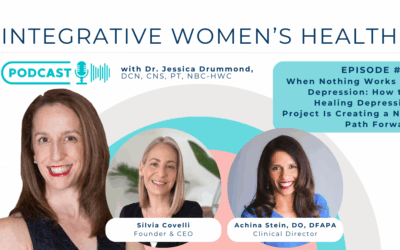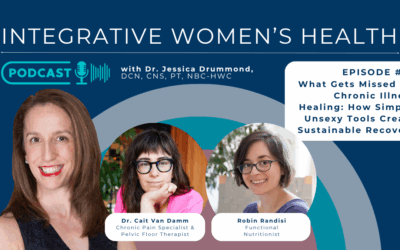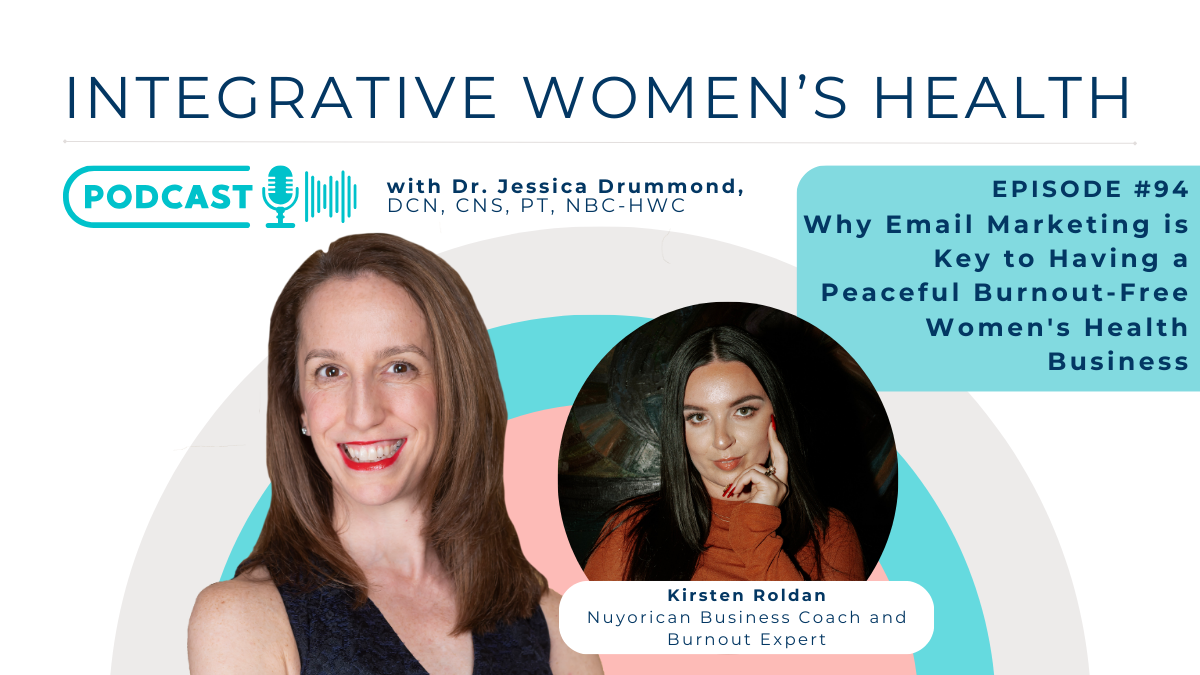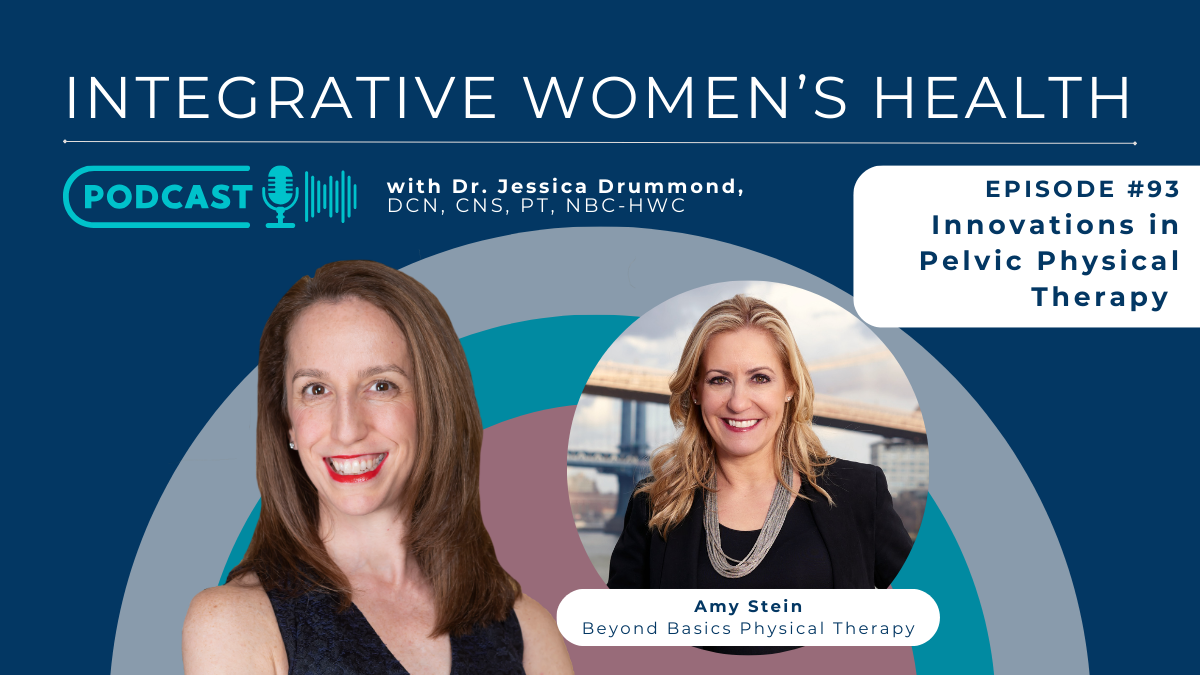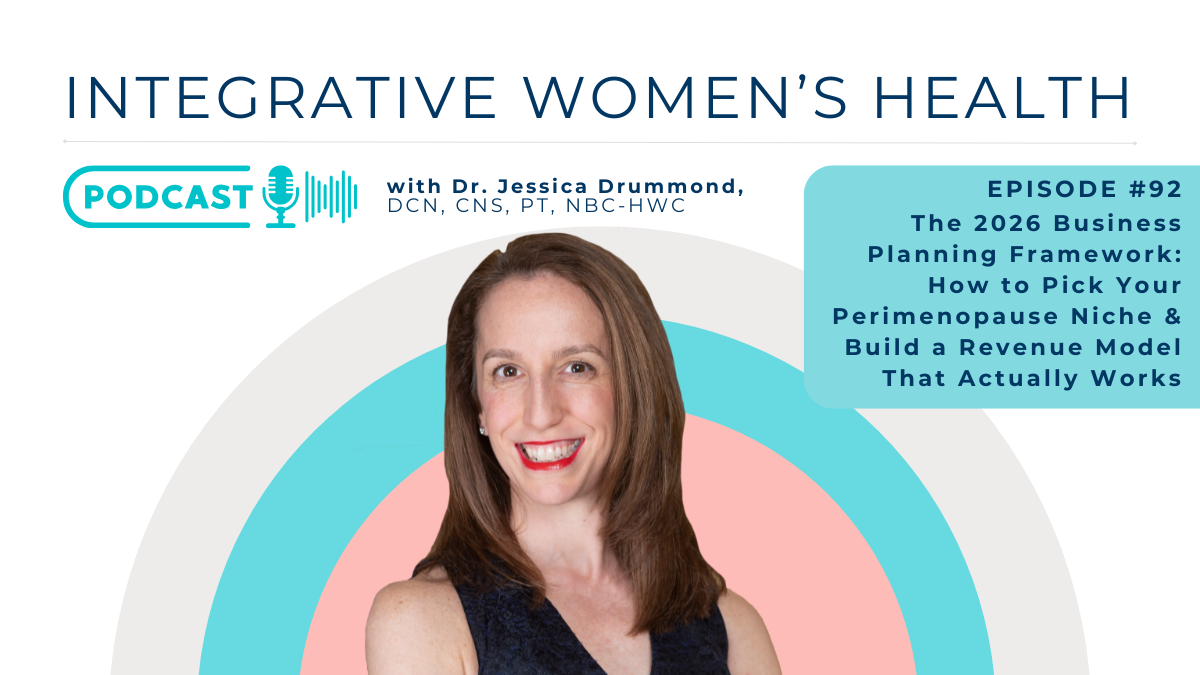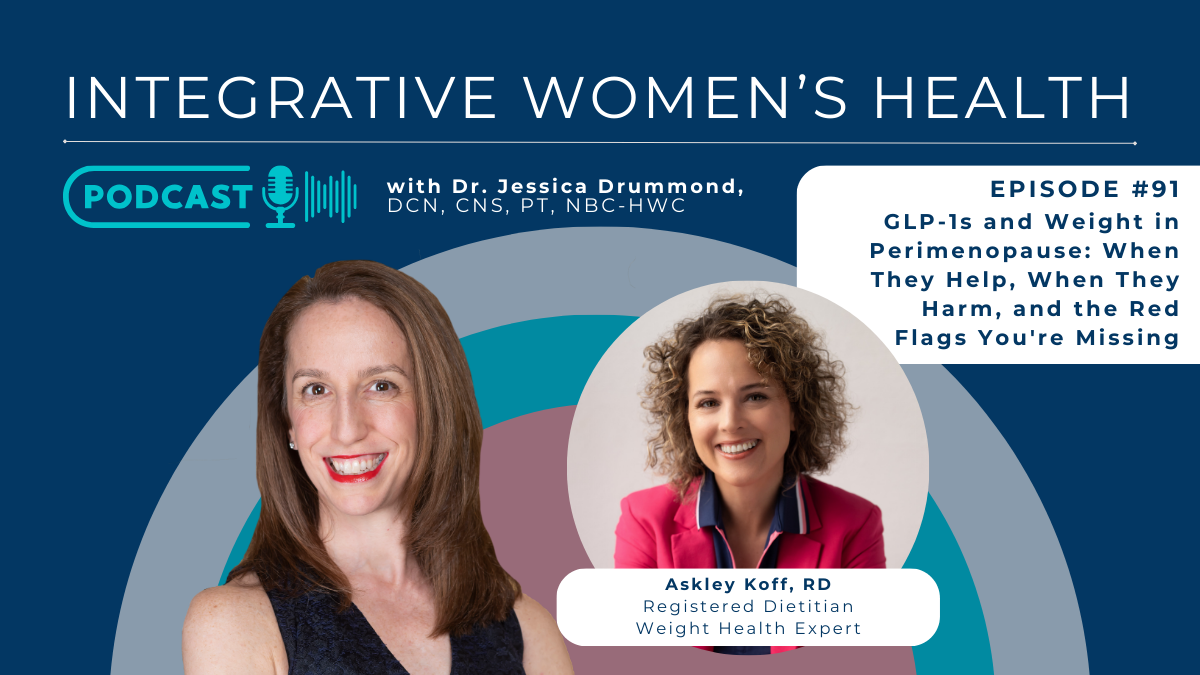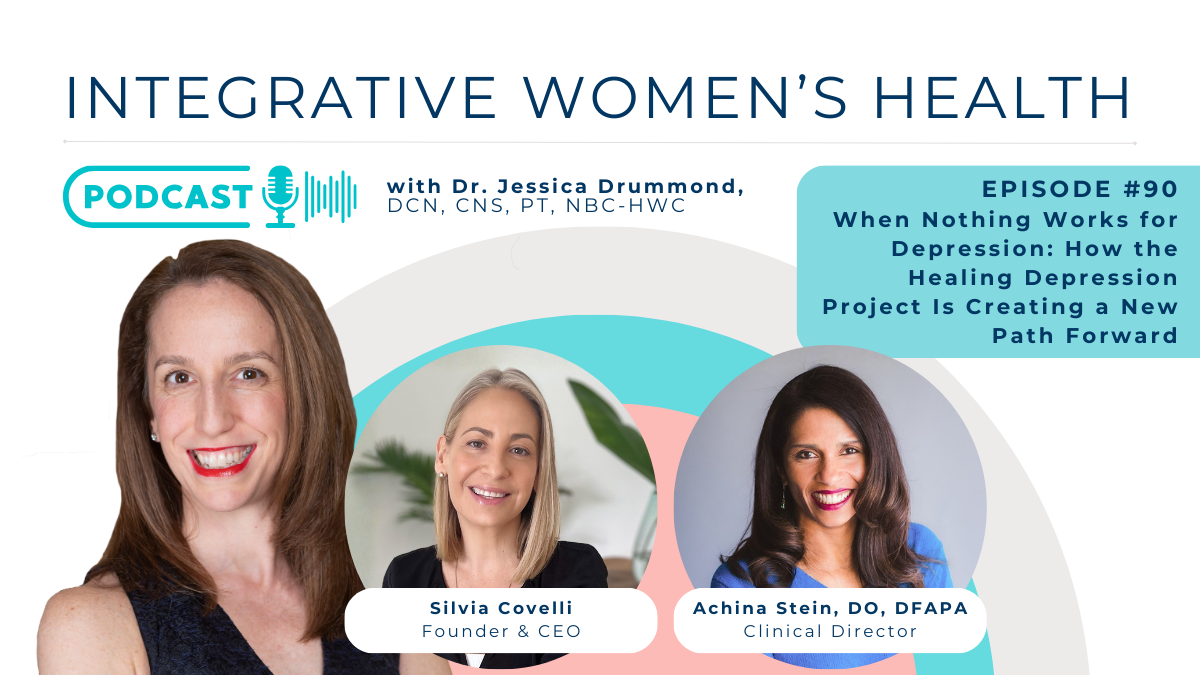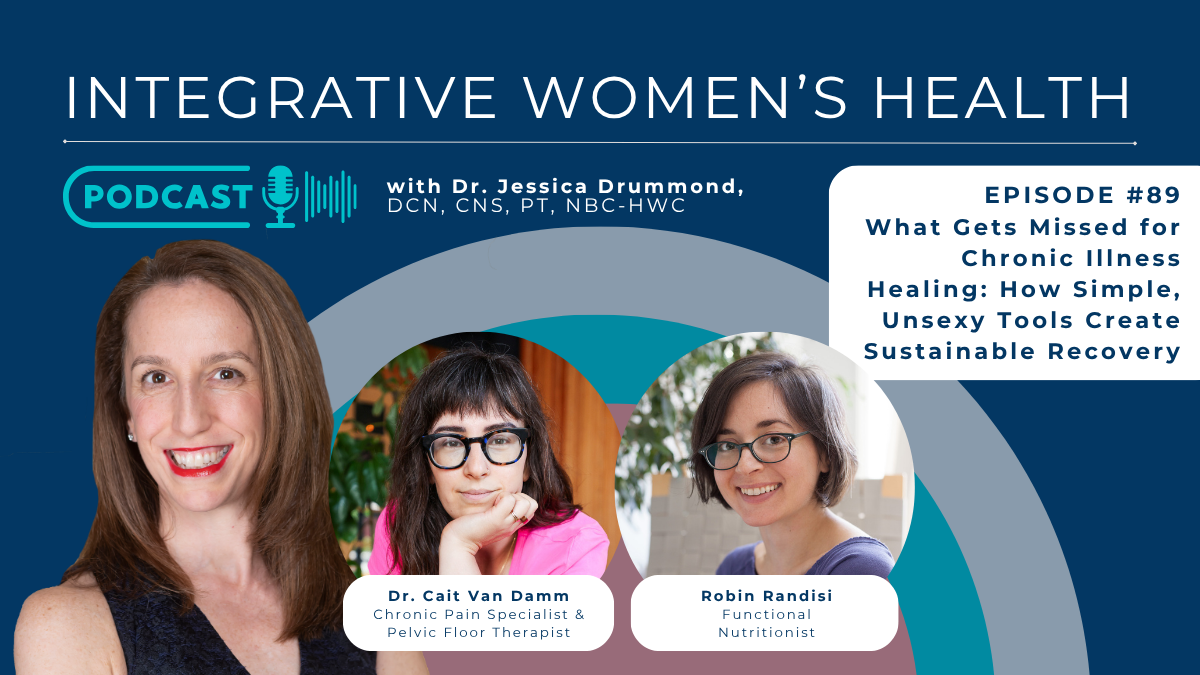
Heart rate variability (HRV) is a measure of the variation in time between consecutive heartbeats. A higher HRV indicates a strong and resilient cardiovascular system, while a low HRV can be a marker of poor heart health.
Women’s Health & HRV
In women, maintaining a high HRV is especially important as the effect of HRV on lifetime cardiovascular disease risk is more significant for women, and this effect increases as women age between ages 45 and 85.
For women over 45, optimizing HRV can reduce cardiovascular disease risk by nearly 10%.1 HRV is a good predictor of longevity, even in very old adults.2
Let’s discuss the top three evidence-based strategies for improving HRV in order to optimize cardiovascular health in women.

1. Perform Endurance or Mindful Exercise Regularly
Regular physical activity is one of the most effective ways to improve HRV. Especially as women age, the most effective types of exercise for optimal HRV are cardiovascular exercise and/or mindful exercise.3
Fortunately a wide variety of exercise activities are beneficial, including:
- Water Aerobics
- Swimming
- Walking
- Stepping
- Running
- Cycling
- Tai Chi
- Dancing
Performing these activities at least 3 times per week seems to be the threshold for HRV benefit.
In some studies, twice weekly endurance exercise did not give adequate benefit to change HRV.
Interestingly, this beneficial impact of exercise is not as positive for women living with chronic viruses, including those with Chronic Fatigue Syndrome.4,5
“Regular physical activity is one of the most effective ways to improve HRV.“
– Dr. Jessica Drummond
FREE WORKSHEET DOWNLOAD
“How To Choose an HRV Tracking Watch or Ring” to help support your clients to take charge of their cardiovascular health.

2. Practice Mindfulness, Meditation, and Yoga:
Mindfulness intervention strategies, such as Mindfulness Based Stress Reduction have inconsistent impact on HRV and inflammatory markers in the research, and research quality and large studies are limited.6
However there is no downside and often significant benefit of adding a daily mindfulness practice to one’s healthy lifestyle.
For women specifically, the benefits of daily meditation, yoga, or targeted stress reduction programs are strong compared to other groups.7
In fact, a three-month yoga practice improves HRV in early postmenopausal women (within 5 years of menopause between 45 and 60 years of age) significantly and has the potential to attenuate the uptick in cardiovascular disease risk that occurs in postmenopausal women compared with premenopausal women.8
“Regular consumption of all of the above has all been independently shown to improve HRV.“
– Dr. Jessica Drummond
3. Eat a Mediterranean Diet
Across multiple studies, various aspects of The Mediterranean Diet (and, generally, The Mediterranean Diet) improve HRV.9
Specifically…
- adding omega-3 fatty acids
- taking a multivitamin-multimineral
- eating probiotic yogurt enriched with α-lactalbumin
- bioactive peptides
- B vitamins
- enjoying pistachios, and red wine (especially for women with heart disease)
Regular consumption of all of the above has all been independently shown to improve HRV.
To optimize HRV, and thus promote cardiovascular health and longevity especially in women, regular movement, mindfulness, and nourishment is essential.
Support your clients to make one small change in their lives every few weeks in one of these areas, and over time their energy, cardiovascular health, and longevity will be dramatically improved.
FREE WORKSHEET DOWNLOAD
“How To Choose an HRV Tracking Watch or Ring” to help support your clients to take charge of their cardiovascular health.

References
- Kubota, Y., Chen, L. Y., Whitsel, E. A., & Folsom, A. R. (2017). Heart rate variability and lifetime risk of cardiovascular disease: the Atherosclerosis Risk in Communities Study. Annals of epidemiology, 27(10), 619–625.e2. https://doi.org/10.1016/j.annepidem.2017.08.024
- Kurita A, Takase B, Kodani E, Iwahara S, Kusama Y, Atarashi H. Prognostic value of heart rate variability in comparison with annual health examinations in very elderly subjects. J Nippon Med Sch. 2013;80(6):420–5. https://doi.org/10.1272/jnms.80.420.
- Grässler, B., Thielmann, B., Böckelmann, I. et al. Effects of different exercise interventions on heart rate variability and cardiovascular health factors in older adults: a systematic review. Eur Rev Aging Phys Act 18, 24 (2021). https://doi.org/10.1186/s11556-021-00278-6
- Millon, E.M., Lehrer, P.M. & Shors, T.J. Meditation and Aerobic Exercise Enhance Mental Health Outcomes and Pattern Separation Learning Without Changing Heart Rate Variability in Women with HIV. Appl Psychophysiol Biofeedback 47, 27–42 (2022). https://doi.org/10.1007/s10484-021-09530-2
- Boneva, R. S., Decker, M. J., Maloney, E. M., Lin, J. M., Jones, J. F., Helgason, H. G., Heim, C. M., Rye, D. B., & Reeves, W. C. (2007). Higher heart rate and reduced heart rate variability persist during sleep in chronic fatigue syndrome: a population-based study. Autonomic neuroscience : basic & clinical, 137(1-2), 94–101. https://doi.org/10.1016/j.autneu.2007.08.002
- Rådmark, L., Sidorchuk, A., Osika, W., & Niemi, M. (2019). A Systematic Review and Meta-Analysis of the Impact of Mindfulness Based Interventions on Heart Rate Variability and Inflammatory Markers. Journal of clinical medicine, 8(10), 1638. https://doi.org/10.3390/jcm8101638
- Yang, H. J., Koh, E., & Kang, Y. (2021). Susceptibility of Women to Cardiovascular Disease and the Prevention Potential of Mind-Body Intervention by Changes in Neural Circuits and Cardiovascular Physiology. Biomolecules, 11(5), 708. https://doi.org/10.3390/biom11050708
- Praveena, S. M., Asha, G., Sunita, M., Anju, J., & Ratna, B. (2018). Yoga Offers Cardiovascular Protection in Early Postmenopausal Women. International journal of yoga, 11(1), 37–43. https://doi.org/10.4103/ijoy.IJOY_69_16
Young, H. A., & Benton, D. (2018). Heart-rate variability: a biomarker to study the influence of nutrition on physiological and psychological health?. Behavioural pharmacology, 29(2 and 3-Spec Issue), 140–151. https://doi.org/10.1097/FBP.0000000000000383
Interested in learning more about how to better support clients who want to learn how to more effectively set and reach their goals?
Join The Advanced Women’s Health Mentorship Program for access to 35+ professional health coach trainings worth over $30,000 for one low monthly fee.

Founder & CEO
Dr. Jessica Drummond,
DCN, CNS, PT, NBC-HWC
Dr. Jessica Drummond, DCN, CNS, PT, NBC-HWC, is the founder and CEO of The Integrative Women’s Health Institute, The Outsmart Endo Health Coaching Program, and the creator of the Women's Health Coach Certification.
She is passionate about caring for and empowering people who struggle with women’s and pelvic health concerns. She is equally passionate about educating and supporting clinicians and wellness professionals in confidently and safely using integrative tools to transform women’s and pelvic healthcare.
Dr. Drummond has two decades of clinical experience as a licensed physical therapist, licensed clinical nutritionist, and board certified health coach working with women with pelvic pain, including endometriosis, vulvodynia, and bladder pain syndrome. She brings a unique, conservative, and integrative approach to supporting women to overcome hormonal imbalances, and chronic pain conditions.
She is a sought after international speaker on topics such as integrative pelvic pain management, natural fertility options, optimal hormone health, menopause, and female athlete nutrition. Dr. Drummond was educated at the University of Virginia, Emory University, Duke Integrative Medicine, and Maryland University of Integrative Health.




